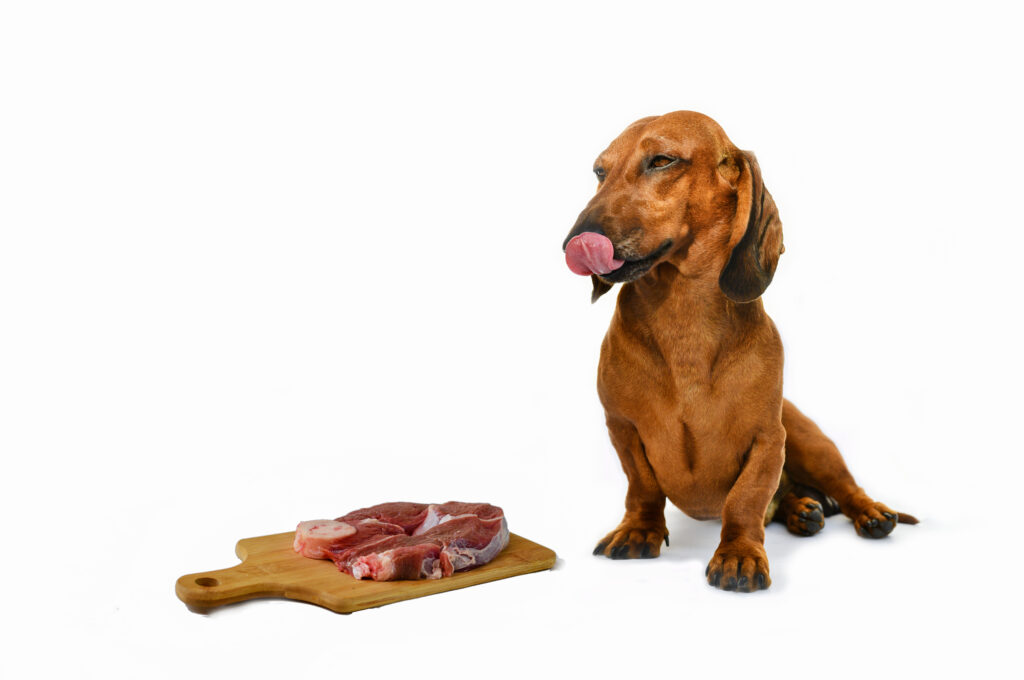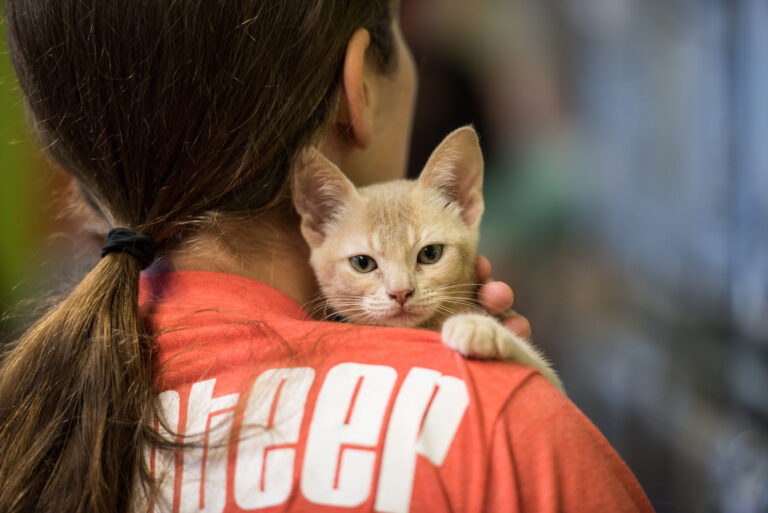As pet owners become more aware of their pets’ specific dietary needs, pet food manufacturers in the USA play a crucial role in providing specialized diets for pets with sensitive stomachs or digestive disorders. This article explores the essential measures that manufacturers can take to ensure the safety and palatability of cat food for diabetic cats and offers dog food recommendations for pets with similar dietary requirements. By prioritizing these measures, manufacturers can meet the growing demand for specialized diets and support the overall health and well-being of pets.
Table of Contents
Thorough Nutritional Research and Formulation
Thorough nutritional research and formulation are paramount when creating specialized diets for pets with sensitive stomachs or digestive disorders. Pet food manufacturers should collaborate with veterinary professionals and nutritionists to gain insights into the specific dietary requirements of cats with diabetes and dogs with similar digestive issues.
By conducting extensive research, manufacturers can develop formulations that are tailored to meet the nutritional needs of these pets. This includes identifying the ideal balance of proteins, carbohydrates, fibers, and other essential nutrients to support digestive health and manage specific conditions effectively.
High-Quality Ingredients and Ingredient Selection
The use of high-quality ingredients is vital to ensure the safety and palatability of specialized diets for pets with sensitive stomachs or digestive disorders. Pet food manufacturers should prioritize the selection of ingredients that are easily digestible and unlikely to trigger gastrointestinal discomfort.
High-quality protein sources, such as lean meats or poultry, are essential for supporting the overall health of pets. Additionally, incorporating easily digestible carbohydrates and fibers can help promote regular bowel movements and maintain stable blood sugar levels in diabetic cats.
Stringent Quality Control and Testing
Stringent quality control and testing procedures are critical to ensuring the safety and palatability of specialized diets for pets with sensitive stomachs or digestive disorders. Pet food manufacturers should implement rigorous protocols to verify the quality and safety of raw ingredients and final products.
Regular testing for potential contaminants, such as heavy metals or microbial pathogens, should be conducted to maintain the highest standards of safety. Palatability testing is equally important to ensure that the specialized diets are appealing to pets and encourage proper consumption.
Gentle Manufacturing Processes
Gentle manufacturing processes are essential for preserving the nutritional integrity and palatability of specialized diets. Pet food manufacturers should employ techniques that retain the natural flavors and textures of the ingredients while ensuring proper digestion.
Processes such as low-temperature cooking or gentle extrusion can help minimize nutrient degradation and preserve the bioavailability of essential nutrients. By choosing manufacturing methods that prioritize the well-being of pets with sensitive stomachs or digestive disorders, manufacturers can ensure the optimal quality of the specialized diets.
Pet-Specific Packaging and Portion Control
Pet-specific packaging and portion control contribute to the safety and effectiveness of specialized diets for pets with sensitive stomachs or digestive disorders. Manufacturers should provide clear and accurate feeding guidelines on packaging, taking into account the specific needs of diabetic cats or dogs with similar conditions.
Portion control is essential to maintain a healthy weight and manage blood sugar levels in diabetic cats. Packaging that enables easy portioning and resealing helps pet owners accurately measure and store the specialized diets, ensuring proper feeding and reducing the risk of overfeeding.
Collaboration with Veterinary Professionals
Collaboration with veterinary professionals is crucial for ensuring the safety and effectiveness of specialized diets for pets with sensitive stomachs or digestive disorders. Pet food manufacturers should consult with veterinarians who specialize in feline or canine nutrition to gain insights into the specific needs and dietary recommendations for diabetic cats or dogs with similar conditions.
By working closely with veterinary professionals, manufacturers can develop specialized diets that meet the highest standards of safety and efficacy. This collaboration also helps manufacturers stay up-to-date with the latest research and advancements in veterinary nutrition.
In Conclusion

Pet food manufacturers in the USA have a responsibility to provide safe and palatable specialized diets for pets with sensitive stomachs or digestive disorders. Thorough nutritional research and formulation, high-quality ingredients, stringent quality control and testing, gentle manufacturing processes, pet-specific packaging and portion control, and collaboration with veterinary professionals are essential measures in achieving this goal.
By prioritizing these measures, manufacturers can offer cat food for diabetic cats and provide dog food recommendations for pets with similar dietary requirements. These specialized diets support the overall health and well-being of pets and help address specific digestive issues or conditions.








